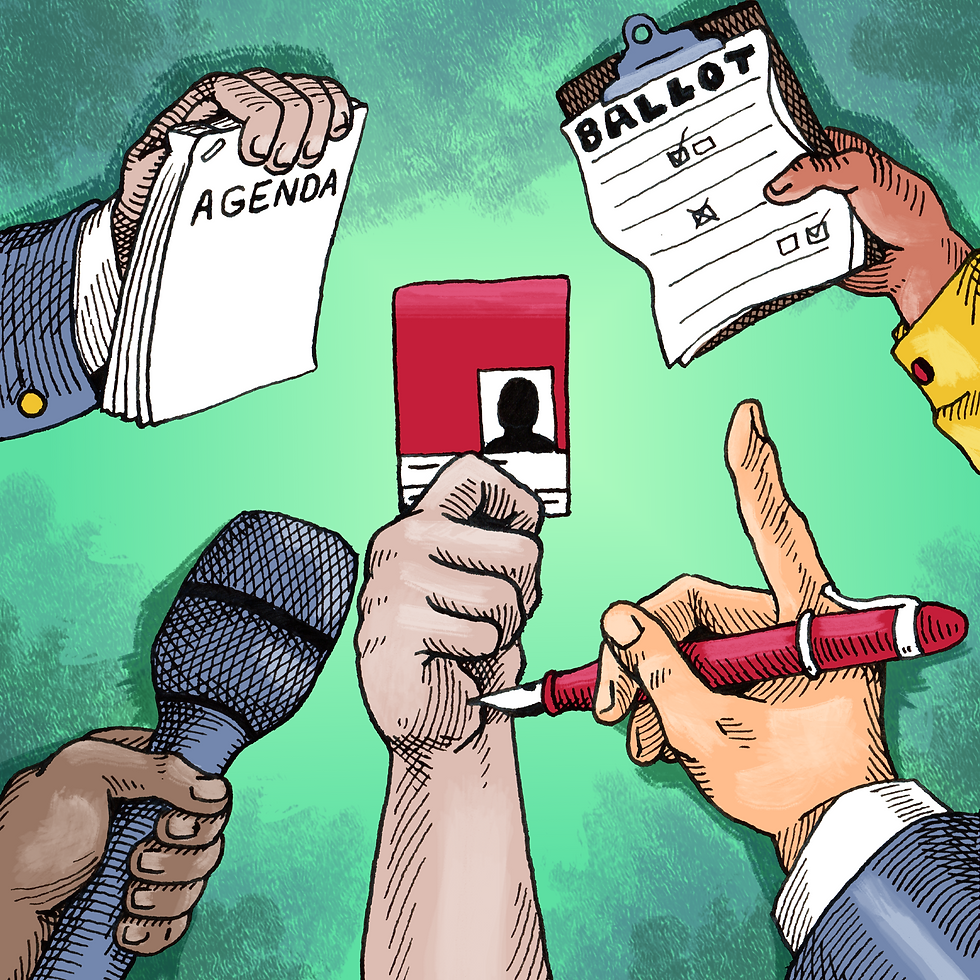Opinion: Bearcat Book Bundle creates debates over benefits
- Brooke Austin, Staff Writer
- Sep 25, 2024
- 3 min read
Updated: Sep 25, 2024

Last spring semester the Willamette Bookstore announced they would be offering a new way for students to purchase or rent their textbooks in partnership with Barnes & Noble called the Bearcat Book Bundle. (Say that 10 times fast.) In summary, the bundle is a system by which students' accounts are charged roughly $320 – depending on how many credits taken – so that when they arrive on campus, all their textbooks for all their classes are ready to go. All Willamette students were automatically entered into this system. The bundle was advertised as a convenient way for students to get their books without the hassle of fishing for them on several different websites. Some students appreciated the convenience of the Bearcat Book Bundle, but some found it to be anything but convenient, arguing the price was unreasonable and the opt-out system was irritating.
Madeleine Montanye (‘25) is a history and English double major who remained opted into the bundle. “I feel like the book bundle is more convenient for heavy humanities majors just because there is so much reading involved,” Montanye said, after explaining that they needed a whopping eight books for this semester. Conversely, Madilynn Jackson (‘27), a chemistry major, opted out of the bundle as she “didn’t need a textbook for anything.” The alleged convenience clearly varies from student to student.
Ruth Feingold, dean of Willamette College (formally the College of Arts and Sciences) and dean of the faculty of arts and science was the messenger for the WU students via emails. She explained that the Bearcat Book Bundle is actually not unique to Bearcats and occurs at many other university bookstores that Barnes & Noble owns. “We have a contract with Barnes & Noble for them to run the bookstore,” Feingold explained. But WU wasn’t completely without any say. “We did play some part in shaping what the book formula would look like,” Feingold said. “For example, I made sure X credits were not part of the credits students were charged for.” “X credits” are credits that generally don’t involve any texts, like an art class at PNCA.
The standard one-size-fits-all price is $20 per credit. The average student at Willamette takes 16 credits, putting the average price for the Bearcat Book Bundle at $320. Feingold emphasized that this price was determined by Barnes & Noble. “My understanding is that [Barnes & Noble] had keyed that to what book order prices were at Willamette in the past — but it may be that they did something more generally, looking at comparable schools across the country and having a similar rate.” Feingold also shined light on the incredibly realistic perspective, which is that “they’re [Barnes & Noble] a company that is seeking to make business.” She explained that only roughly 30% of Willamette students purchase their books from the Willamette Bookstore, and Barnes & Noble is “seeking to increase that rate and that is not an unreasonable thing to do if they offer a reasonable price.”
However, some students don’t completely agree that $20 per credit is an accurate pricing. Montanye, for example, paid $400 for their textbooks and based on that expensive price, assumed that meant that they would own the books. However, they were sadly mistaken when they found out they spent $400 to simply rent the books. “I’m a history and English major, so I really like to annotate my books,” Montanye said. Despite this unfortunate realization for Montanye, they did admit that it was a slight user error. “I should have looked into the fine print more and clicked [the] ‘buy book’ option, but I did not, and apparently the default is renting.”
So despite some students choosing to immediately opt out, thinking $320 for a few optional books is preposterous, some students felt it made their life easier to not need to tediously look through numerous different websites and find the cheapest option for their textbooks. It’s also worth noting that this new bundle was implemented by Barnes & Noble, the company that owns the Willamette Bookstore. They are responsible for the significantly more stylish merchandise that Bearcats have now but also are a company that relies on people buying their products to make money. There is a common misconception among students that the Bearcat Book Bundle was implemented by the university, but the truth is that Willamette only had a small say in it, but still exercised what influence they had.
The Bearcat Book Bundle is here to stay, so as students learn to navigate it and learn from each other’s hiccups (always read the fine print), students will hopefully become more equipped to understand if the bundle is the option for them that makes the most sense. Until then, the majority of students seem to be continuing to buy their books from third-party websites or using PDFs that their professors upload, and only appreciating the bookstore for the fun cardinal and gold merch.




Comments